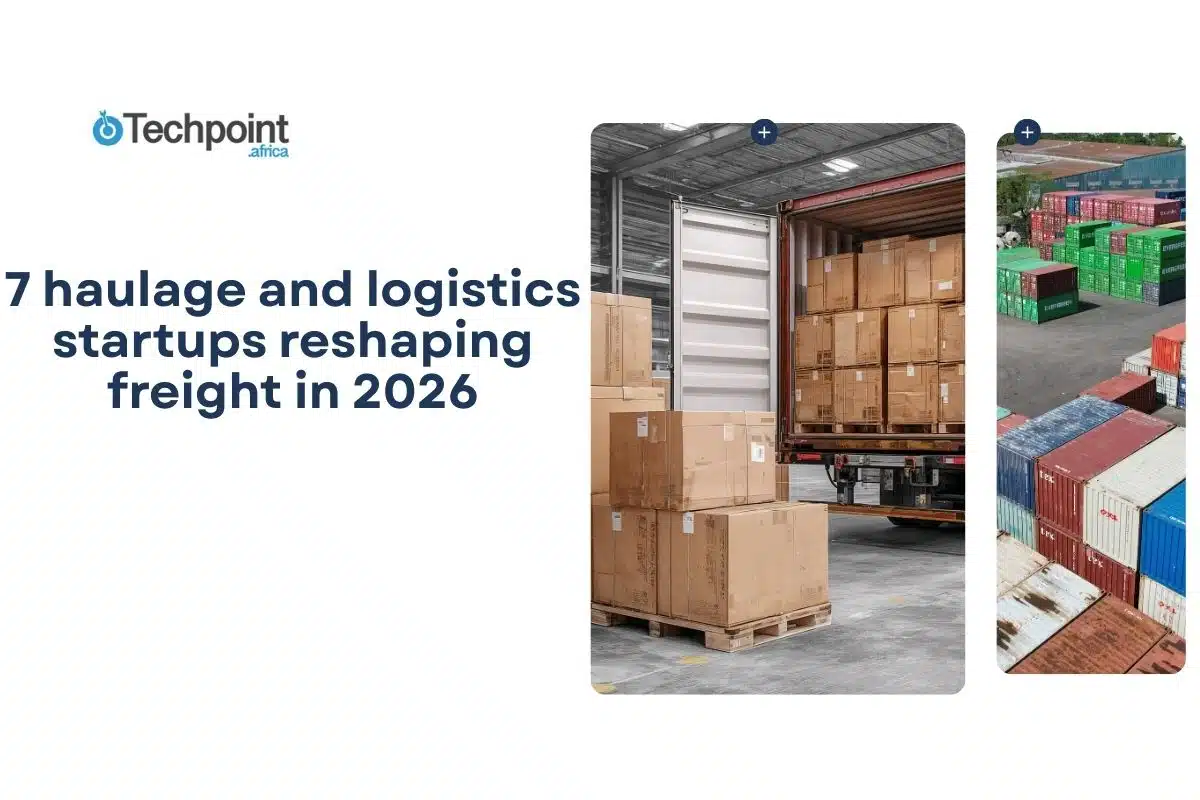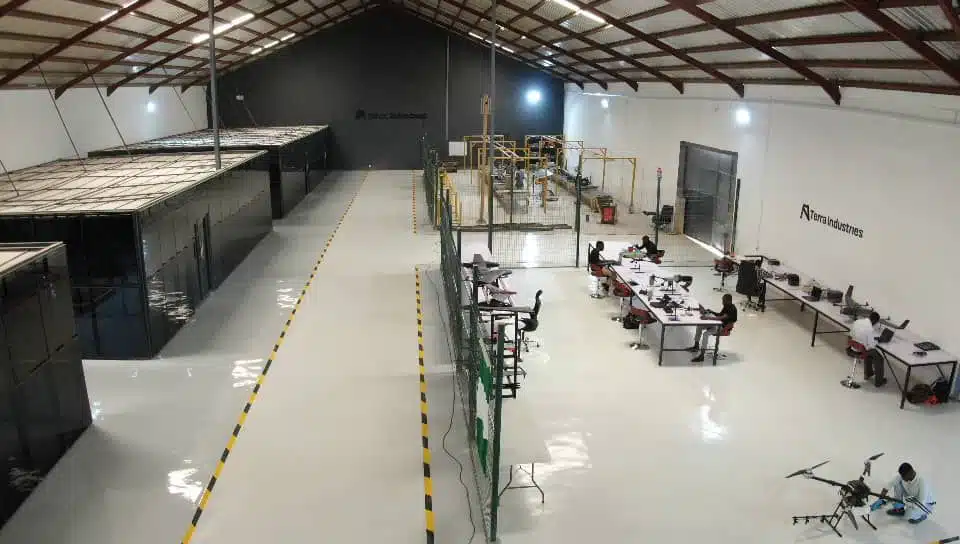Vendease ended its operations in Ghana in October 2024, sources familiar with the situation have confirmed. The startup expanded into the Ghanaian market in 2023 after securing $30 million in Series A funding.
In Ghana, Vendease wanted to replicate its successful food supply marketplace model from Nigeria, where it offered an online platform for food businesses to source and receive supplies.
While the marketplace gained traction, Vendease was concurrently building a complementary software suite, featuring payment infrastructure and point-of-sale tools, aimed at increasing revenue. However, these solutions failed to take off like the marketplace.
Sources told Techpoint Africa that while Vendease attracted significant interest for its food supply business, it struggled to meet demand due to limited funding for its Ghanaian operations.
Weekly demand often exceeded $1 million, but the company could fulfill only a quarter of those orders. Efforts to secure additional funding from local financial institutions were unsuccessful.
Co-founder and CEO Tunde Kara confirmed this in a conversation with Techpoint Africa, highlighting that the startup recouped its investments in Ghana within six months, but opted to leave Ghana after it could not continue funding the growth.
“We moved into Ghana because there was a lot of potential, especially when we raised our Series A. We recouped the money we invested in Ghana in the first six months of launch. We faced a lot of roadblocks and bottlenecks, but it wasn’t because our products were not in demand,” he noted.
Like many African eCommerce ventures, Vendease dealt with low margins. Initially, it fulfilled every order regardless of profitability, but later shifted to prioritising deliveries with guaranteed returns. Its buy-now-pay-later service, which issued over $72 million in loans, also suffered, with many customers defaulting on repayments, and legal action was often required to recover payments.
Mohamed Chaudry’s appointment as CFO in 2024 played a key role in stabilising the company. Following his arrival, Vendease revised its payment terms to handle only fully paid orders or those with a one-week payment commitment. The change reportedly pushed repayment rates above 95%.

Victoria Fakiya – Senior Writer
Techpoint Digest
Make your startup impossible to overlook
Discover the proven system to pitch your startup to the media, and finally get noticed.
Chaudry also worked to reduce the company’s wage bill, which had exceeded ₦1 billion the year before his appointment. Last year, it reduced its workforce by 20%, citing redundancies. Sources claimed many senior hires were overpaid, with leadership boasting about offering salaries above the industry average.
Last month, we reported that the company had restructured its compensation package, reducing salaries pending an improvement in fortunes. According to Kara, the decision to cut staff had been delayed for nearly a year as the startup worked to raise funding.
When that did not work, it chose to lay off some employees while proposing a revised salary structure for those that were left. This decision, he says, resulted in some resignations, but he noted that many employees opted to remain. For those employees who chose to remain, the startup hopes to quickly return to sustainability and reward their loyalty.
To achieve that, the startup is betting on a software play even as it reduces its eCommerce footprints.
“Is this going to be successful? I guess we’re in the business of trying things out and seeing if they work,” Kara said, noting that the switch has been tough without venture funding.
Having achieved profitability prior to its Series A funding in 2022, Kara says the goal is to return to a point where Vendease only spends what it earns.











